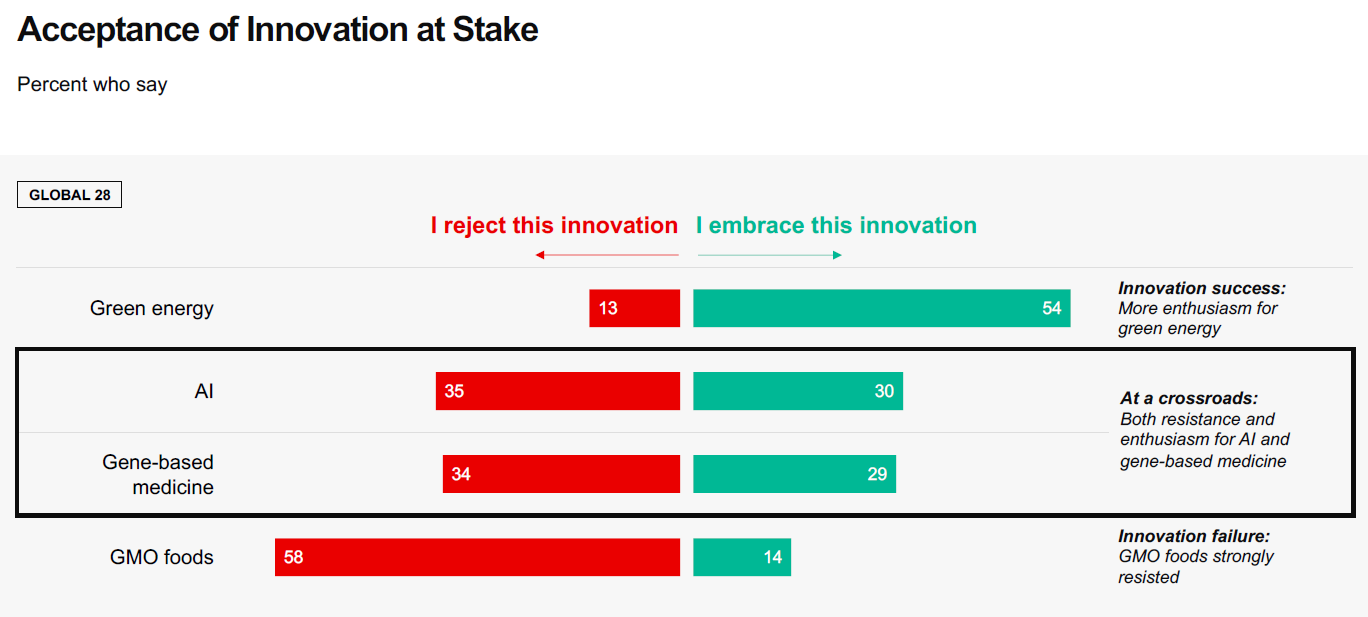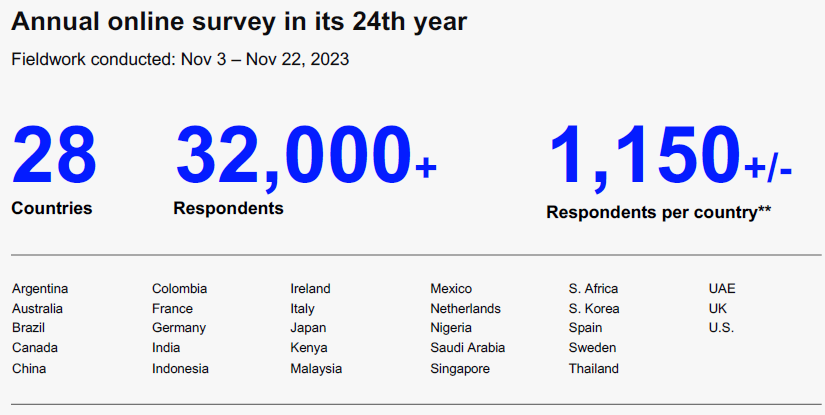
I just got a report on trust from The Institute of Business Ethic’s (IBE’s) (attitudes of the British Public to Business Ethics 2024 survey) in business and politicians. Headlines?
Only 14% of 2067 UK adults polled trust that politicians behave ethically in 2024.
Charities, businesses, media and politicians, have all experienced a three-point decrease in trust from 2023.
Corporate tax avoidance (43%) is the ethical business issue of the greatest concern to the British public across age groups, followed by bribery and corruption (30%) and executive pay (28%).
Surprisingly, artificial intelligence is one of the lowest-ranking ethical issues that the public feels companies need to address, the same as the previous year. This points to the public remaining unaware of the potential serious ethical risks posed by AI, highlighting a key concern.
Interesting.
Trust.
It’s a tough thing and something that I’ve been blogging about a lot lately, as the bedrock of banking is trust. Not trust in the brands fo banks, but trust in the safety of banks.
What about trust in politicians and government? What about trust in Big Tech and AI? What about trust in you and I?
These things are explored every year by Edelman, who have conducted a Trust Survey for over twenty years amongst thousands of consumers worldwide. Interestingly, this year’s survey found that innovation is not trusted.
The 2024 Edelman Trust Barometer reveals a new paradox at the heart of society. Rapid innovation offers the promise of a new era of prosperity, but instead risks exacerbating trust issues, leading to further societal instability and political polarization.
In a year where half the global population can vote in new leaders, the acceptance of innovation is essential to the success of our society. While people agree that scientists are essential to the acceptance of innovation, many are concerned that politics has too much influence on science. This perception is contributing to the decline of trust in the institutions responsible for steering us through change and towards a more prosperous future.
Specifically, when it comes to innovations like AI, nearly two-to-one respondents believe innovation is poorly managed (insufficient government regulation, lack of trust in traditional leaders, suspicion of science’s independence from politics and money).
This flies a little in the face of the UK survey as, generally, the survey by Edelman finds that consumers are more negative about AI than positive about it.
But, as it turns out, that’s because they are worried that governments are inadequately skilled to regulate such developments.
A lot of this is to do with people believing that government is using science as a political force, which is damaging trust in science, innovation and engineering overall. In fact, the survey finds that almost twice as many people believe innovations are poorly managed and governed than those who don’t.
That’s a shame.
Trust.
Trust is hard.
Earning trust is hard.
Keeping trust is hard.
So, when banks say that they are the most trusted industry, it’s because they are trusted not to lose our money, savings and investments. When they do … well.
FYI, here's the Edelman survey overview:
Chris M Skinner
Chris Skinner is best known as an independent commentator on the financial markets through his blog, TheFinanser.com, as author of the bestselling book Digital Bank, and Chair of the European networking forum the Financial Services Club. He has been voted one of the most influential people in banking by The Financial Brand (as well as one of the best blogs), a FinTech Titan (Next Bank), one of the Fintech Leaders you need to follow (City AM, Deluxe and Jax Finance), as well as one of the Top 40 most influential people in financial technology by the Wall Street Journal's Financial News. To learn more click here...




